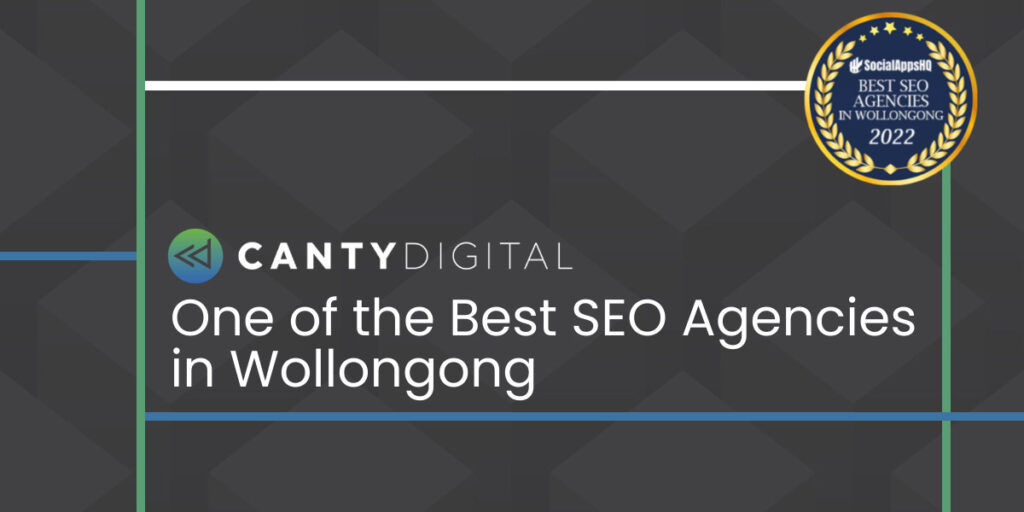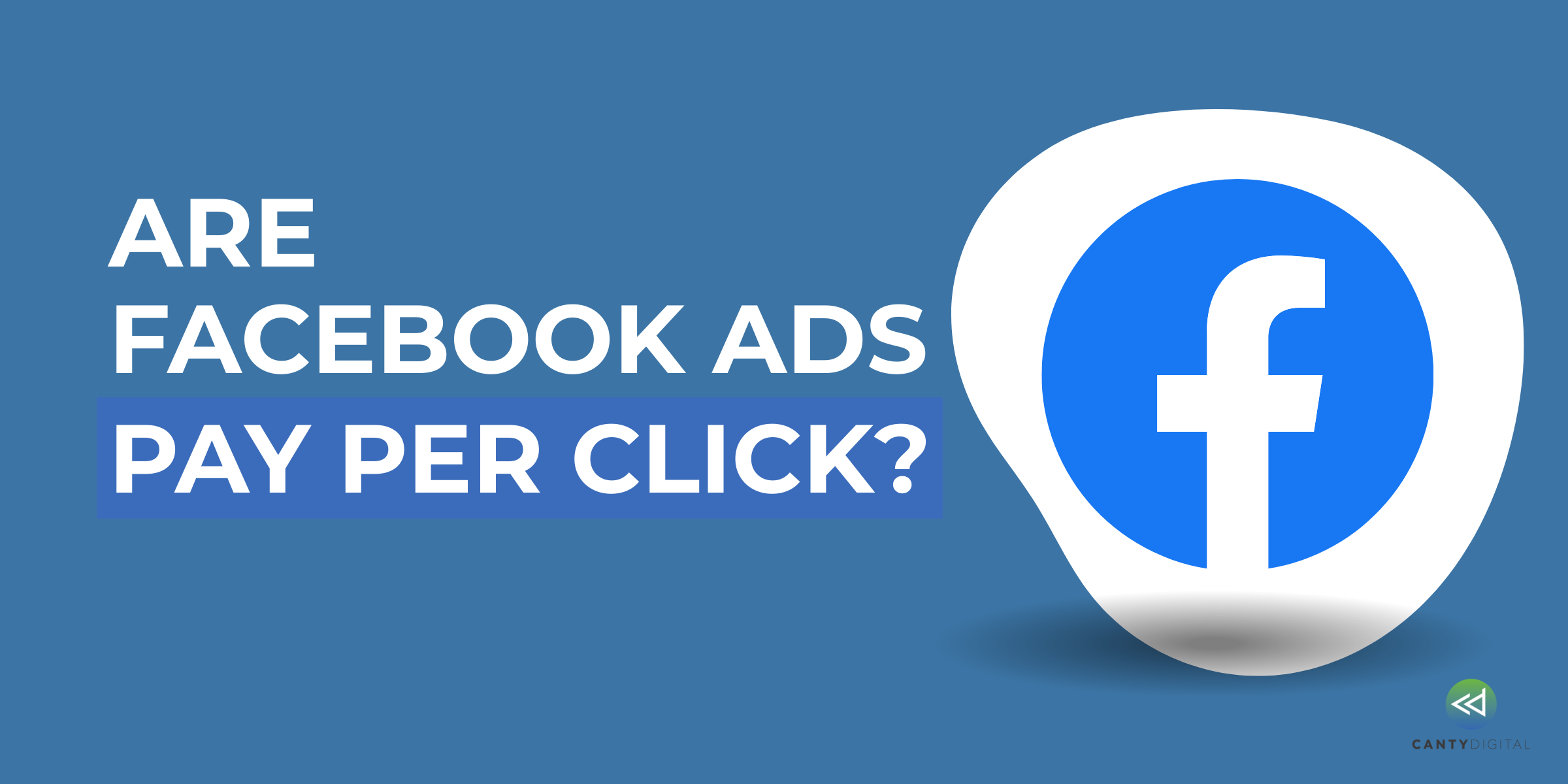
Web hosting is a service that allows individuals or organisations to make their websites accessible on the internet. When you create a website, it consists of files, images, and other data that need to be stored somewhere for people to access it online. A web hosting company provides the technology and resources needed for your website to be stored on its servers and viewed by anyone with an internet connection.
Here are the basic components of web hosting:
- Server: A powerful computer where your website files are stored.
- Domain Name: The address people use to find your website, like www.yourwebsite.com.
- Bandwidth: The amount of data that can be transferred between the web server and your website visitors.
- Storage: The amount of space available on the web server for your website files and data.
Whether you’re running a personal blog, an e-commerce site, or a corporate website, knowing the answer to “What is web hosting?” is crucial to building and maintaining a successful online presence. Apart from discussing the basics, we’ll help you pick the right web hosting service and plan for your needs.

We’ve Rated Different Types of Web Hosting to Help You Decide
Web hosting services can vary in terms of features, price, and support, so it’s important to choose a plan that meets your website’s needs. To help you decide which service to pick, we’ve rated the most popular web hosting services. These ratings are based on the general suitability of each hosting option for different types of websites and business needs. Your specific requirements may lead to a different ranking, so it’s important to consider your unique circumstances when choosing a hosting service.
1. Cloud Hosting (9/10)
Cloud hosting has gained popularity due to its scalability and reliability. This option uses a network of interconnected servers to distribute resources, reducing the risk of downtime due to server malfunctions. With cloud hosting, you can easily adjust your resource usage as your website grows, making it an ideal choice for businesses with fluctuating traffic.
2. WordPress Hosting (9/10)
If you’re building your business website with WordPress, specialised WordPress hosting can enhance performance and security. WordPress hosting plans are optimised for WordPress sites, offering features like automatic updates, enhanced security, and specialised support. This is a cost-effective option for WordPress users, though you may need to upgrade if your site grows significantly.
3. VPS Hosting (8/10)
For a balance between shared and dedicated hosting, a Virtual Private Server (VPS) is a suitable choice. VPS hosting provides you with your own virtual space on a shared server, giving you more control and customisation options without the high cost of a dedicated server. Although you share the physical server, your virtual space remains private, offering better performance and security than shared hosting. This type of web hosting service is ideal for medium-sized businesses and websites with moderate traffic.
4. Managed Hosting (8/10)
Managed hosting services offer a hassle-free solution by taking care of the day-to-day management of hardware, software, and technical support. This option is ideal for those who prefer to focus on their website content rather than technical maintenance. Managed hosting packages often include software setup, maintenance, and hardware replacement, allowing you to customise your plan to meet your specific needs.
5. Dedicated Hosting (7/10)
Do you prefer complete control over your hosting environment? Dedicated hosting is the best option. Your website will be the only one on the dedicated server, providing you with root and administrative access to manage security and performance. While this option offers the highest level of control and performance, it is also often the most expensive, making it suitable for large websites with high traffic demands.
6. Shared Hosting (7/10)
If you have a relatively small website, shared hosting is a cost-effective and straightforward option. In shared hosting, your website is stored on a server alongside many other websites. This allows you to share the cost of hosting, making it a budget-friendly choice for entry-level websites. However, since server resources are shared, high traffic on another site could impact your website’s performance.
7. Reseller Hosting (6/10)
Reseller hosting allows businesses to sell hosting services provided by another hosting company. This option suits those looking to start their own hosting business or manage multiple client websites. Reseller hosting providers often offer various hosting options, enabling you to choose the best plans for your clients’ needs.
Best Web Hosting Types for Different Industries

E-commerce Sites
Recommended Hosting Type: Cloud Hosting
Cloud hosting is ideal for e-commerce sites due to its scalability, reliability, and performance. E-commerce websites often experience fluctuating traffic, especially during sales or promotions. Cloud hosting allows for easy scaling of resources to handle traffic spikes without compromising speed or uptime. Plus, cloud hosting offers robust security features that can keep customer data protected.
Healthcare Companies
Recommended Hosting Type: Managed Hosting
Managed hosting is the best choice for healthcare companies due to the stringent security and compliance requirements in the industry, especially in handling sensitive patient data. These services include robust encryption, regular security audits, and comprehensive backup solutions, making them ideal for dental practices & healthcare organisations.
Real Estate Firms
Recommended Hosting Type: VPS Hosting
As mentioned, VPS hosting strikes the perfect balance between dedicated and shared hosting. It delivers the robust performance and security that real estate websites need to handle high-quality images, virtual tours, and client data. VPS hosting also allows for greater control and customisation, making it easy for real estate firms to update their listings.
Consumer Brands
Recommended Hosting Type: Cloud Hosting
Cloud hosting is ideal for consumer brands due to its flexibility and scalability. It allows brands to handle varying traffic levels and provides robust security features to protect customer data. Cloud hosting also supports high-performance websites and helps boost user experience.
Law Firms
Recommended Hosting Type: Managed WordPress Hosting
Managed WordPress hosting is perfect for law firms as it offers optimised performance, enhanced security, and ease of use. Law firms need reliable hosting to ensure their websites are always accessible and secure, especially when handling sensitive client information.
Tradies & Builders
Recommended Hosting Type: Shared Hosting
Shared hosting is a cost-effective solution for tradies and builders who need a simple, reliable online presence. It provides sufficient resources for small to medium-sized websites and is easy to set up and manage. Shared hosting is ideal for showcasing portfolios, services, and contact information without the need for extensive technical knowledge.
SaaS Companies
Recommended Hosting Type: VPS Hosting
SaaS companies often require dedicated resources and the ability to customise web server environments. VPS hosting provides the necessary infrastructure to support these needs, ensuring high performance and reliability.
Schools and RTOs
Recommended Hosting Type: Managed Hosting
Educational institutions need reliable hosting to ensure their websites and online learning platforms are always accessible and secure. Managed hosting providers offer regular updates, backups, and security measures, making them well-regarded for schools, RTOs & other educational institutions.
Factors to Consider When Choosing a Web Hosting Service
Think of web hosting as the backbone of your business’s online presence, providing the necessary infrastructure to make your website accessible round the clock. So, picking the right web hosting service is critical for the success of your website, regardless of your industry. Here are the key factors to consider:

- The Needs & Specifics of Your Site
Before comparing web hosts, identify your website’s specific needs. Consider the type of website you’re building (e.g., blog, e-commerce, portfolio), the expected traffic, and any special software requirements (e.g., WordPress, Joomla). This will help you choose a hosting plan that aligns with your goals and technical requirements. For instance, if your website is built on WordPress, then a WordPress hosting service is the perfect solution to ensure it is easily accessible to users across the globe.
- Reliability and Uptime Scores
Server reliability and uptime are critical for ensuring your website is accessible to visitors at all times. Look for a hosting provider that guarantees at least 99.9% uptime. Downtime can lead to lost revenue and damage your reputation, so pick hosts with strong uptime records.
- Scalability
As your website grows, your hosting needs may change. Choose a web hosting service provider that offers scalable solutions, enabling you to upgrade your plan as your traffic and resource requirements increase. With such flexibility, you can ensure your website can handle growth without interruptions.
- Speed and Performance
Website loading speed is undeniably essential for user experience and SEO. A slow website can frustrate users and negatively impact your search engine rankings. Choose hosting providers that offer fast response times, content delivery networks (CDNs), and caching options
- Security Features
Look for a web hosting provider that offers robust website security measures such as firewalls, SSL certificates, regular backups and malware scanning. These features help safeguard your site from cyber threats and data breaches.
- Customer Support
Torn between multiple web hosting companies? Pick one that offers 24/7 support through live chat, email and other channels. Good customer support can be the difference between a minor hiccup and a major crisis.
- Pricing and Payment Options
While the price tag shouldn’t be the sole determining factor, you need to find a hosting plan that doesn’t leave you overspending each month. Compare pricing plans and consider the value offered by each provider. Some providers offer discounts for longer term commitments. Moreover, be aware of any hidden fees and the cost of renewals.
- Backup and Restore Options
Don’t hesitate to ask whether your hosting provider has backup and restore options. That way, you can have the peace of mind of knowing you can recover your site quickly in case of data loss or website malfunction.
- Control Panel and User Interface
A user-friendly control panel makes managing your website, domains, email accounts, and other hosting settings easy and convenient. So, pick a hosting provider that offers intuitive interfaces like cPanel or Plesk to simplify website management.
- Reputation and Reviews
Spend ample time reading feedback from existing customers to gauge their satisfaction with a web hosting provider’s services. A provider with a strong reputation is more likely to offer reliable and high-quality hosting.
Learn More About Web Hosting with Canty Digital
Do you want to learn more about web hosting or need guidance in picking the right service or plan for your website? Our experts are here to guide you through the ins and outs of web hosting, ensuring your online presence is robust, reliable, and ready to grow. Give us a call today!






